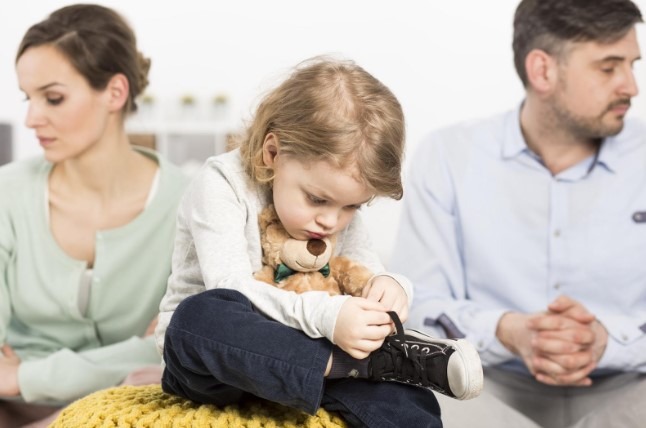Often times, when someone has been a victim of violence or any type of harm, they may find that they develop post-traumatic stress disorder. PTSD can begin to make an appearance within weeks of the traumatic event, and its effects can last for a long time if not handled properly.
If you’ve got a child with PTSD, there are ways that you can support them and guide them through the ordeal. Supporting them will help them to heal from the traumatic ordeal. To find out how you can support your child, we encourage you to read our parent’s guide below.

A Child With PTSD
Typically, people associate PTSD with someone that has been to war. Still, children can also suffer from PTSD. They may be the victim of sexual and physical abuse or trauma from car accidents.
After a car accident you may be entitled to an accident settlement, or of they’ve witnessing another person being abused.
There are times when PTSD can come from being a survivor as well. This is known as survivors’ guilt. There are ways to deal with PTSD in a manner that allows the victim to begin the healing process.
Keep A Schedule
One way that you can support your child as they work through a period of adjustment is to have a set schedule. Keeping them on a routine will give them a sense of normalcy and help them feel as if everything isn’t changing because of one event.
They need to be given time to adjust to one change at a time. This may mean they return to school, although going back may be challenging in the beginning.
Let Them Vent
Part of supporting them is allowing them to talk about the traumatic event. Only when they are ready to talk about it. After they’ve expressed everything that they need to tell let them know how courageous they are for sharing.
Get Them Into A Support Group
It is beneficial to place your child into a support group. Other people may better understand what their going through and how they feel. They’ll be able to find people to relate to and put their shame aside to share with the group.
Help Them Build Self-Confidence
Often times, traumatic events may leave your child without self-confidence that they may have once had. Depending on your child’s age, you can allow them to choose what to cook for dinner or choose an activity during the weekend that they may want to do.
This lets them know that they have the power and control over something, which then helps to build their confidence.
The Wrap-Up
A child with PTSD may have issues that stem from if for the rest of their lives. However, the direction that their lives take can be altered if they are given the love and support that they need to begin the healing process.
We encourage you to read other posts that are published on our blog if you found this information to be helpful.
I’m a 20-something stay-at-home mother and wife. I have an amazing husband, a beautiful daughter, two loving dogs, and a lazy cat. I wouldn’t change my life for anything! I love to read, listen to music, cook and blog!

Speak Your Mind